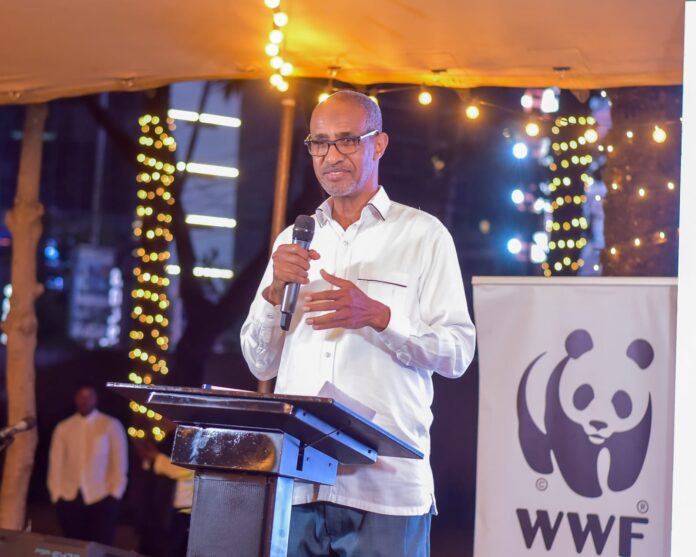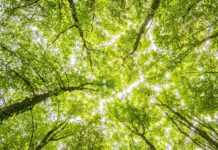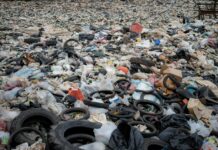By Liz Anyango
Nairobi, Kenya: In a landmark move, prominent Kenyan businesses have pledged financial support for climate action initiatives aimed at addressing the triple crisis of the planet, namely: Climate Change, Biodiversity loss, and pollution.
This commitment arose from a groundbreaking launch of the Safe for People Safe for Nature—an initiative of the World Wide Fund for Nature Kenya (WWF-Kenya) and Sankara Nairobi. The goal is to catalyze Private sector partnerships to promote thriving communities and businesses.
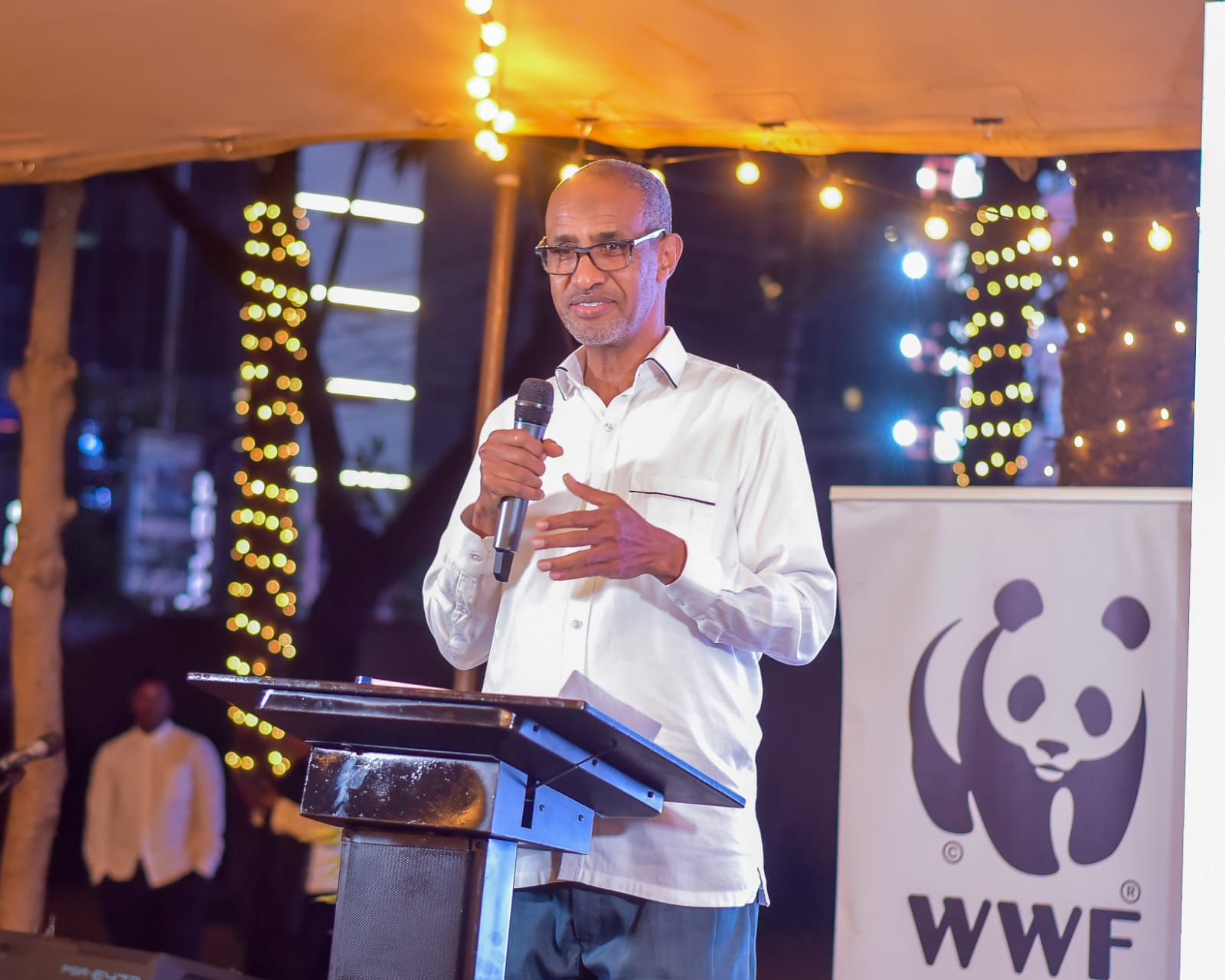
“We are here to engage on a very important issue that is the future of businesses, which most of you are involved in. Business, society, and nature are the things that connect all of us here. As you all know, we are living in times of major challenges, often referred to as the triple planetary challenge. These challenges are compounded by the fast-growing population,” said Mohamed Awer, Chief Executive Officer, WWF-Kenya, in his opening remarks to the business community that gathered at the Sankara Nairobi hotel for the inaugural gala event. The Safe for Nature Safe for People stemmed from an earlier collaborative campaign the two organizations dubbed the Herd of One.
“Essentially, what that program was is we encouraged guests who stayed with us to donate One Dollar per stay, and that money was given to WWF-Kenya, which they used for their elephant conservation program. Like I always say, the true heroes are the people on the ground.” Krishna Unni, Group General Manager, Sankara Nairobi, expounded.
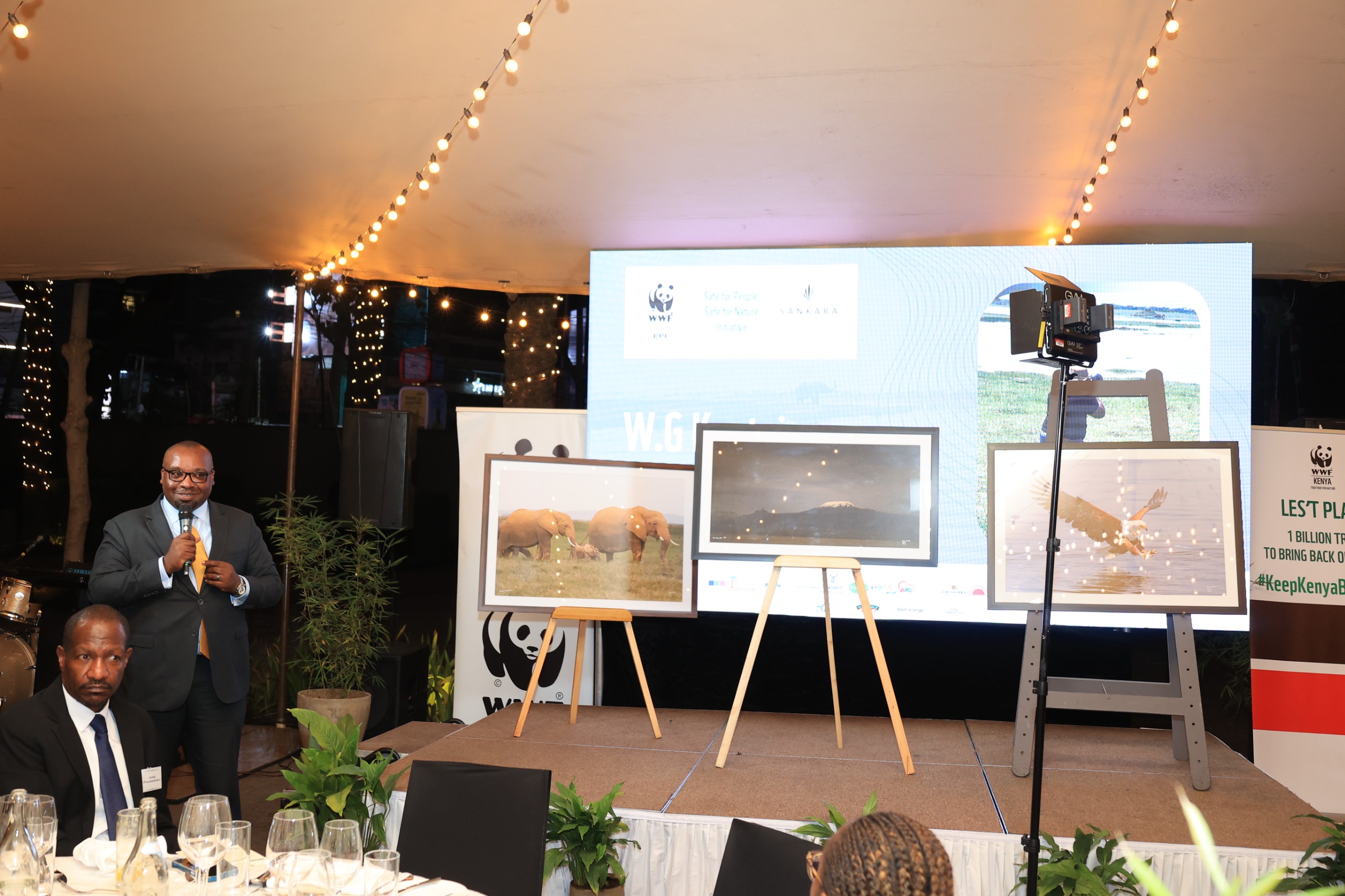
The Herd of One focused on raising awareness and funds for African elephant conservation and enhancing the livelihoods of the communities where the gentle giants live in their lands. In Kenya, over 60% of wildlife live outside Protected Areas – in community and private lands, where Human-Wildlife Conflict cases are the highest. People who live in Kenya’s unique and biodiversity-rich landscapes interact daily with wildlife in the only place they call home.
Rimoine Ole Kararei, a landowner at Mara Siana Community Conservancy, emphasized the integral connection between living in Kenya’s unique and biodiverse landscapes and daily interactions with wildlife. However, he stressed the significance of investing in conservation for both the economic prosperity of the people and the preservation of the environment. Kararei recounted the narrative of the solitary zebra of Mara Siana when the land was degraded and a flourishing wildlife population post-community conservancy establishment, underscoring the tangible economic benefits experienced by the local community.
During the event, several companies highlighted some of the initiatives they are undertaking to champion conservation.
Speaking at the gala, Karen Basiye, Director of Sustainable Business and Social Impact at Safaricom, called for investments in modern innovative technologies to prevent human-wildlife conflict and enhance benefits to the people.
“The technology I want to talk about today is called Twiga. It is an AI-powered solution that has been developed with experts in technology and conservation biology from Vodafone, Safaricom, WWF, and KWS. An early warning and deterrent system to alert communities to the presence of specific wildlife species. The system uses AI to detect and identify a variety of species, and then it triggers interchangeable and species-specific deterrents. So, I heard elephants fear bees, so when the elephants move near the communities, then they will hear the sound of bees, and they will be deterred. The system is designed to identify animals moving at various speeds, be it cheetahs, hyenas, leopards, elephants, and lions, and it can detect these animals day and night, and in whatever weather. This M-Twiga is powered using an integrated solar photovoltaic cell.”
Several corporates further committed to supporting specific initiatives, aligning with Kenya’s national goals, including the restoration of degraded landscapes through the ambitious goal of growing 15 billion trees and promoting a circular economy.

